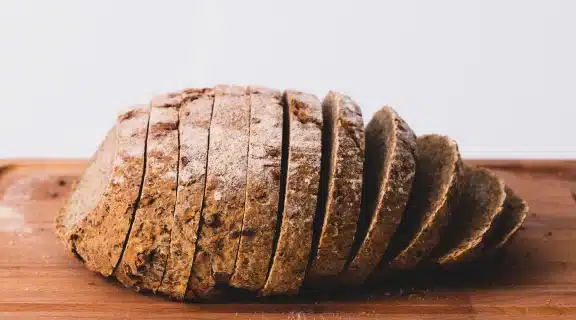By Jordan Haworth, GI Physiologist
Coeliac disease is an autoimmune condition that affects around 1% of the population.
If you have coeliac disease then gluten triggers your own immune system cells to attack the villi in your intestinal lining. The villi are responsible for absorbing nutrients from food. Therefore, with coeliac disease, when the villi become damaged, more food is not absorbed and instead fermented in the colon, which can lead to bloating diarrhoea and nutrient deficiencies. Non-coeliac gluten sensitivity (NCGS) is when people have symptoms in response to gluten, but do not have an inflammatory, autoimmune response as with coeliac disease.
Testing for a coeliac disease often starts with serology testing to look for the presence of antibodies in your blood. However, this only suggests if you have coeliac disease, and it will need to be confirmed with an endoscopy and biopsy of your small bowel. You must eat gluten-containing foods for 2-weeks beforehand so they can look for presence of different immune cells in your biopsy. NCGS is diagnosed by a gluten challenge where you eat gluten and see if it causes symptoms. However, in a blinded study, people who thought they had NCGS could not distinguish between gluten and a placebo (1).
Coeliac disease is managed with a gluten-free diet and, unfortunately, you must be very strict because even trace amounts of gluten can cause inflammation in your gut. If you don’t have coeliac disease but feel better for giving up wheat, it’s more likely that you have an intolerance to fructans which are found in wheat and other gluten-containing grains like rye and barley (2). If you have ruled out coeliac disease but haven’t ruled out NCGS, then you can first check if it’s fructan intolerance by eating wheat or rye sourdough because this still contains gluten but almost no fructans. If you don’t bloat from the sourdough then you most likely have fructan intolerance.
1.Dale HF, Hatlebakk JG, Hovdenak N, Ystad SO, Lied GA. The effect of a controlled gluten challenge in a group of patients with suspected non-coeliac gluten sensitivity: A randomized, double-blind placebo-controlled challenge. Neurogastroenterol Motil. 2018.
2.Skodje GI, Sarna VK, Minelle IH, Rolfsen KL, Muir JG, Gibson PR, et al. Fructan, Rather Than Gluten, Induces Symptoms in Patients With Self-Reported Non-Celiac Gluten Sensitivity. Gastroenterology. 2018;154(3):529-39.e2.

